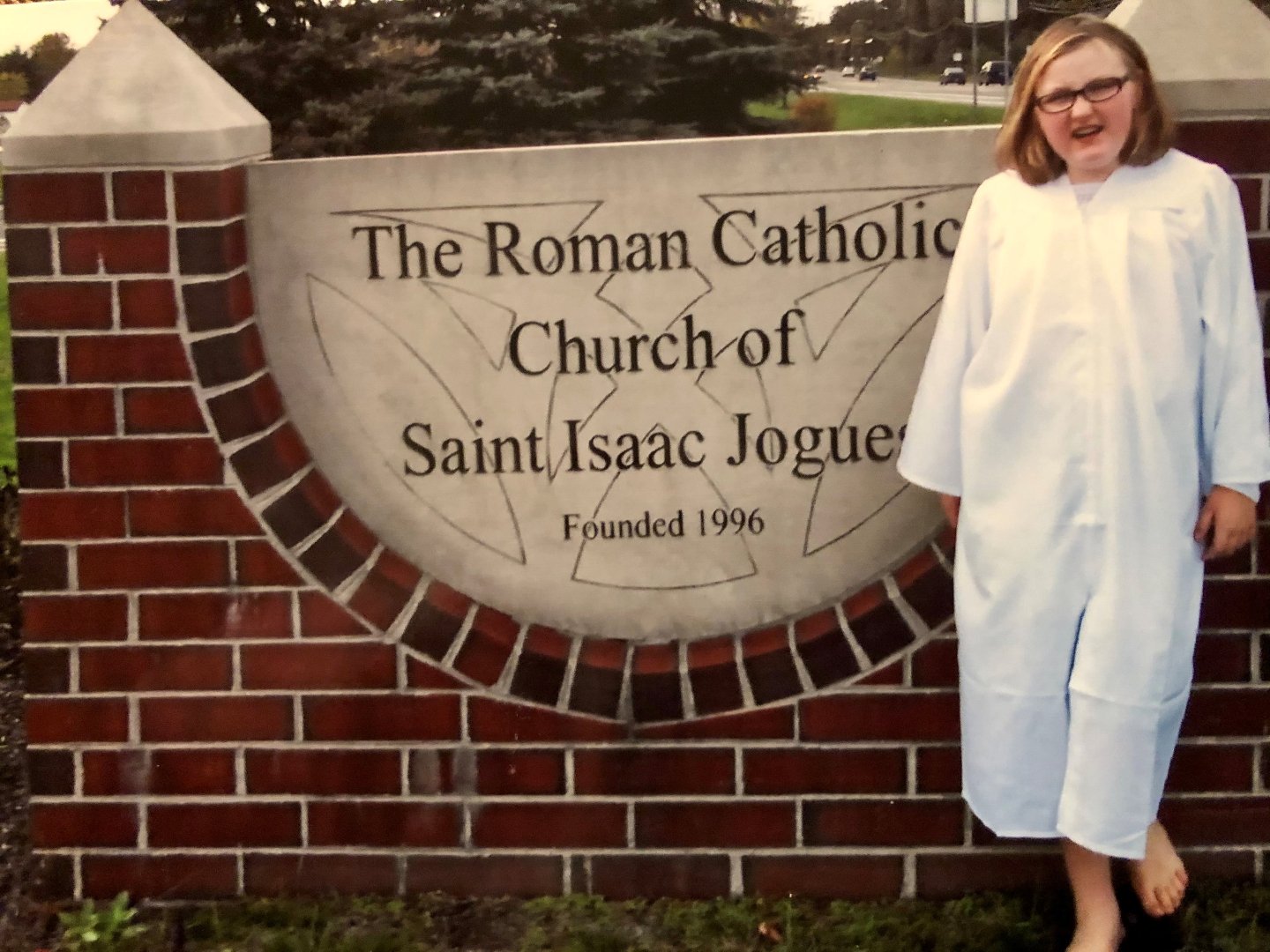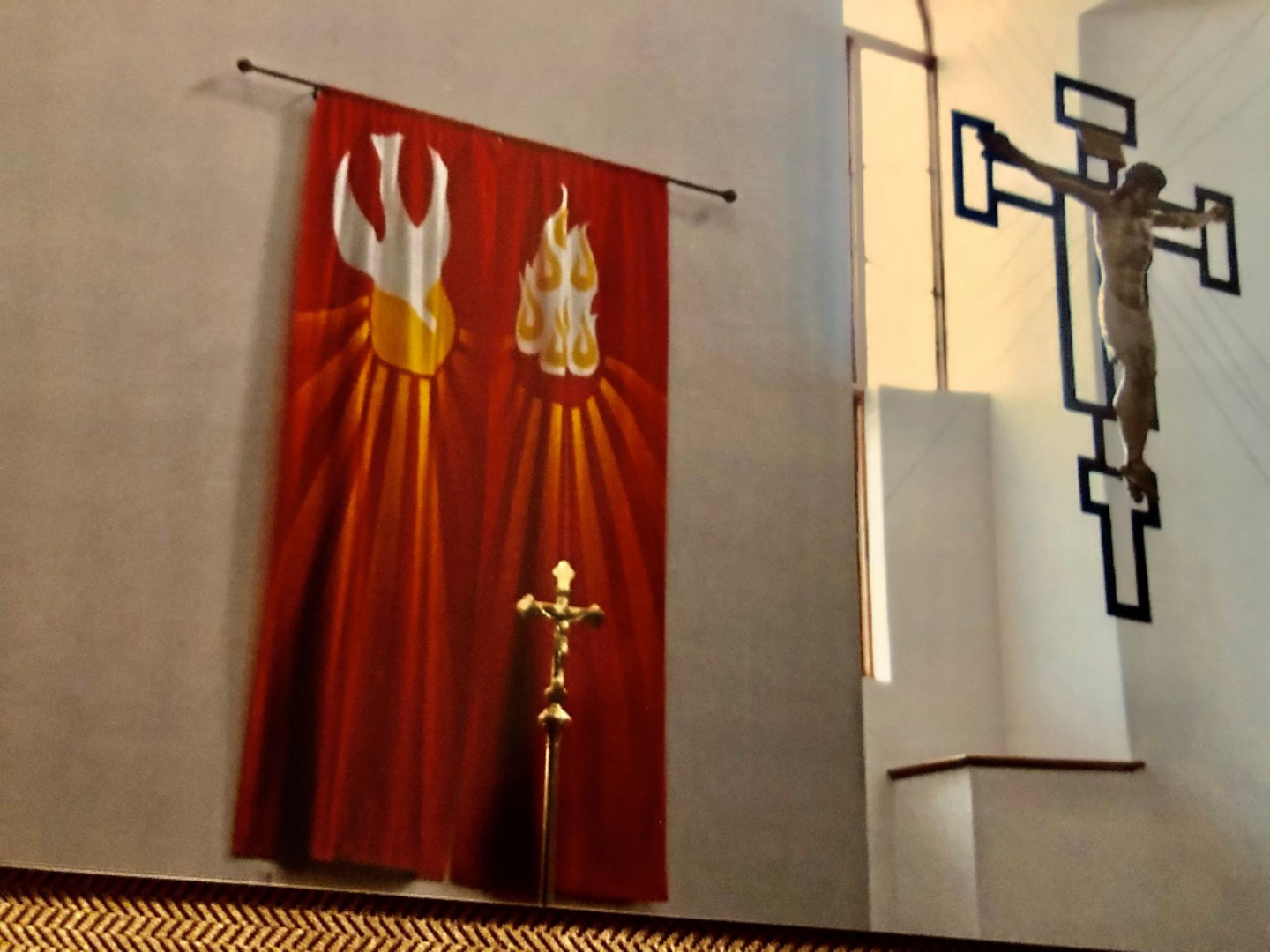
David and Mercedes Rizzo discuss the need for adaptive catechetical approaches to the sacraments for young people with autism and other special needs.
Pentecost Sunday has come and gone. We celebrate the outpouring of the Holy Spirit and the birthday of the Church. We are told in the Acts of the Apostles how the Spirit appeared over the Apostles as tongues of flame and they received the strength to preach about Jesus and the glorious things that God had done. The people visiting Jerusalem at that time heard the Apostles speaking about these things and, we are told, each visitor heard the Apostles speaking in his or her own language.
These days Catholics receive the Holy Spirit sacramentally at Confirmation. This got us thinking about our daughter Danielle and her Confirmation. Danielle, like many people with autism, needed certain modifications and an adaptive catechetical approach to better prepare herself to receive the sacrament.

This ranged from learning what it felt like to have someone make the Sign of the Cross on her forehead with oil to choosing a patron saint’s name and participating in a Christian service project. Each of these things and more can be problematic and confusing for people with special needs. Fortunately, with patience, sensitivity and compassion these hurdles can be addressed by catechists and parents alike.
In the years since her Confirmation, Danielle has deepened her reverence and appreciation of the presence and action of the Spirit in her life. She loves to attend Mass and receive Communion. She kneels and stands at the proper times. She enjoys standing by the statue of the Blessed Mother and making the Sign of the Cross. She will pray the Hail Mary using her electronic communication device.
Although she may not be able to express it in words, she shows how people with special needs can be open to the gift of the Holy Spirit and its fruits. Even though she is non-verbal, we often recognize that in her life she is telling us about the glorious things that God has done and that if we are attentive listeners, we can hear her teaching us in the language of the Spirit.
Come Holy Spirit, come!

Copyright 2021 David and Mercedes Rizzo
Images copyright 2021 David and Mercedes Rizzo, all rights reserved.
About the Author

David and Mercedes Rizzo
David and Mercedes write and speak from a faith perspective as parents of a child with autism. They are available to speak, and have appeared on radio and other media. Visit DavidAndMercedesRizzo.com to learn more. Follow them on Facebook at Autism With The Rizzos. Authors of Praying For Your Special Needs Child, (Word Among Us Press) and Spiritually Able and The Adaptive First Eucharist Preparation Kit (Loyola Press).


.png?width=1806&height=731&name=CatholicMom_hcfm_logo1_pos_871c_2728c%20(002).png)
Comments